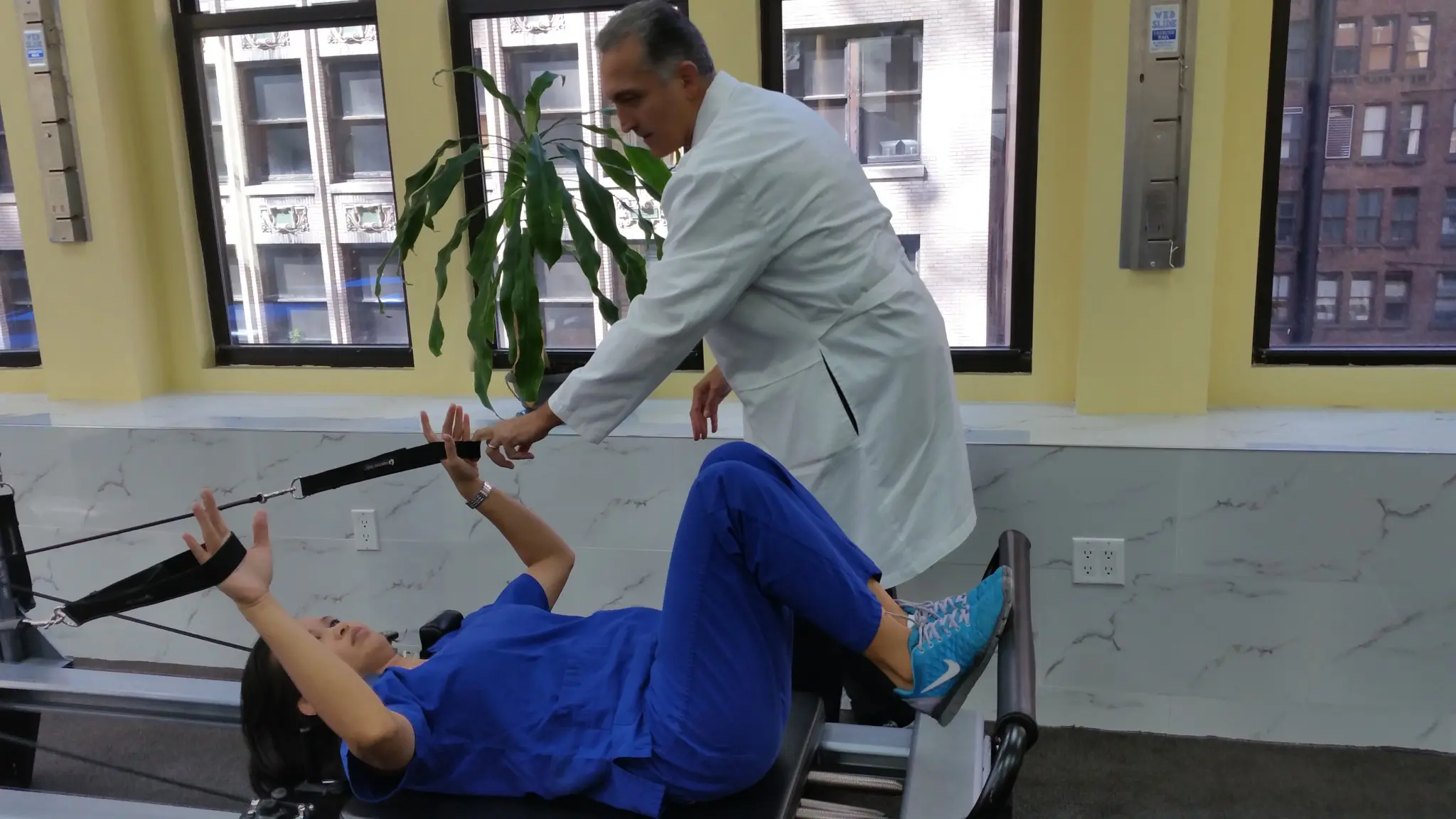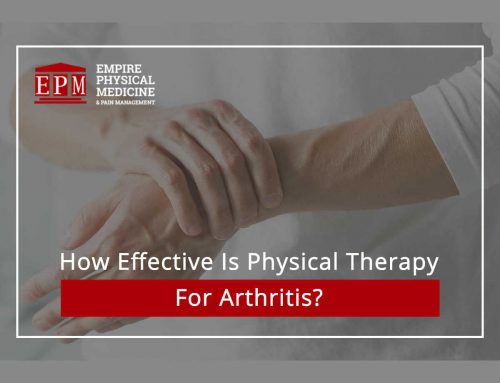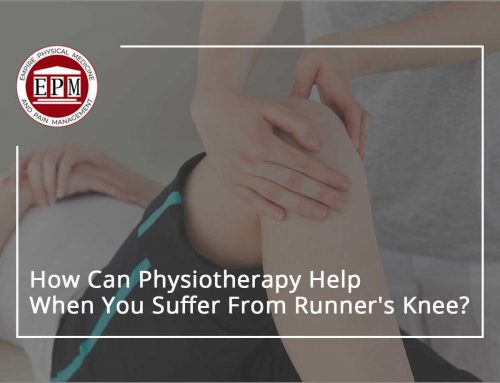
Arthritis
While there is no cure to arthritis, one can certainly manage its symptoms through physical therapy. Inflammation, which is associated with arthritis, can cause a lot of pain and joint stiffness. Physical therapists can identify your weak spots and show you exercises and ways you can manage your daily routine without adding stress to your joints. They will also show you stretches that can increase your mobility and function.
Dizziness
Have you ever felt like the world around you is spinning or that you were off balance? Or perhaps you’ve experienced extreme dizziness and disorientation. You may have vertigo, which can be brought on by infections or diseases of the inner ear. Another common cause of vertigo is benign paroxysmal positional vertigo, or BPPV for short. BPPV occurs when calcium builds up in the canals of your inner ear, causing dizziness.
Those afflicted with vertigo often feel a loss in balance. Your physical therapist can help determine the cause of your vertigo and establish exercises to counter its effects. If you are affected by vertigo through BPPV, a physical therapist can show you exercises that will shift the contents causing your dizziness within your inner ear. Physical therapy can help improve your vision and your sense of body through balance exercises called vestibular rehabilitation.
Multiple Sclerosis
Those affected with this disabling and progressive disease can relieve their pain even if they are in the advanced stages of MS. Often, as the disease progresses, those afflicted will experience a lack of mobility. Physical therapists will work with you to identify your strengths and weaknesses and create a program which will enable you to carry on with your day-to- day tasks so that you may live a normal life. They will help you strengthen your muscles and improve your mobility.
Headaches
Do you often get headaches but aren’t sure what is causing them? It may be hard to pinpoint it on your own, but our medical team and physical therapists can help you identify the cause. For one, your headaches may stem from a previous accident or head injury. They may also be caused by muscle tension, TMJ or even poor posture. Once the type and cause of the headache is identified, physical therapists can help strengthen the afflicted muscles to help prevent their onset. They will also provide postural tips to decrease tension on your upper body and muscles to alleviate headaches.
Fibromyalgia
While there is no cure for fibromyalgia, physical therapy can help treat the widespread pain caused from its symptoms. Physical therapists will create the best exercise program based on your condition and show you exercises that you can perform on your own at home to reduce stiffness and build muscle strength. They will also apply hydrotherapy with the use of hot and cold packs; cold packs to constrict the blood vessels which reduces swelling while heat packs provide muscle pain relief. Medical massage therapy can alleviate the pain as well.
Published By:
Empire Physical Medicine & Pain Management
7 W 45th St floor 9,
New York, NY 10036
Phone: (646) 665-7109
Website: https://manhattanpainrelief.com





